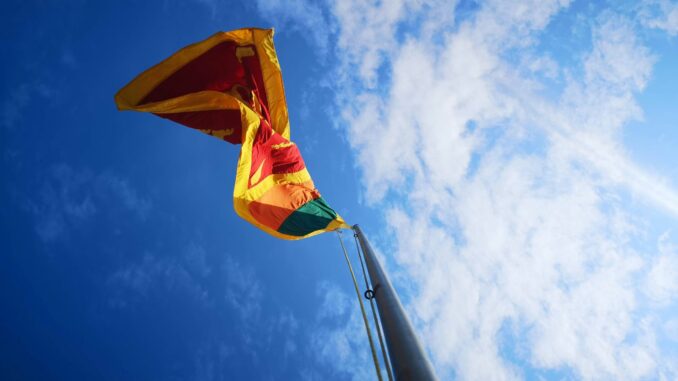
COLOMBO, SRI LANKA — Sri Lanka’s first leftist president was sworn in to office Monday vowing to restore public faith in politics but said he had no magic solution to the hardships suffered following an unprecedented economic crisis.
Self-avowed Marxist Anura Kumara Dissanayaka of the People’s Liberation Front (JVP) took his oath at the colonial-era Presidential Secretariat in Colombo after trouncing his nearest rivals in Saturday’s vote.
The previously fringe politician, whose party led two failed uprisings in the island nation that left tens of thousands dead, saw a surge of support after the 2022 economic meltdown immiserated millions of ordinary Sri Lankans.
Dissanayaka, the bearded 55-year-old son of a labourer, was sworn in by chief justice Jayantha Jayasuriya in a nationally televised ceremony attended by diplomats, lawmakers, Buddhist and other clergy and the military.
“I am not a conjuror, I am not a magician, I am a common citizen,” he said after taking his oath.
“I have strengths and limitations, things I know and things I don’t… my responsibility is to be part of a collective effort to end this crisis.”
A small crowd of JVP supporters gathered outside the secretariat to celebrate, waving pictures of Dissanayaka and the national flag.
Dissanayaka succeeds outgoing president Ranil Wickremesinghe, who took office at the peak of the financial crisis following the government’s first foreign debt default and months of punishing food, fuel and medicine shortages.
Wickremesinghe, 75, imposed steep tax hikes and other austerity measures under the terms of an International Monetary Fund (IMF) bailout.
His policies ended the shortages and returned the economy to growth but left millions struggling to make ends meet.
Prime Minister Dinesh Gunawardena resigned shortly before the ceremony, clearing the way for Dissanayaka to appoint his own cabinet.
Dissanayaka’s party has said he wants to have an interim administration until a fresh parliament is elected. The JVP has only three lawmakers in the 225-member legislature.
He has softened some policies since his rise to popularity, saying he believes in an open economy and is not totally opposed to privatisation.
He has vowed to press ahead with the IMF rescue package negotiated by his predecessor last year but modify its terms in order to deliver tax cuts.


Be the first to comment